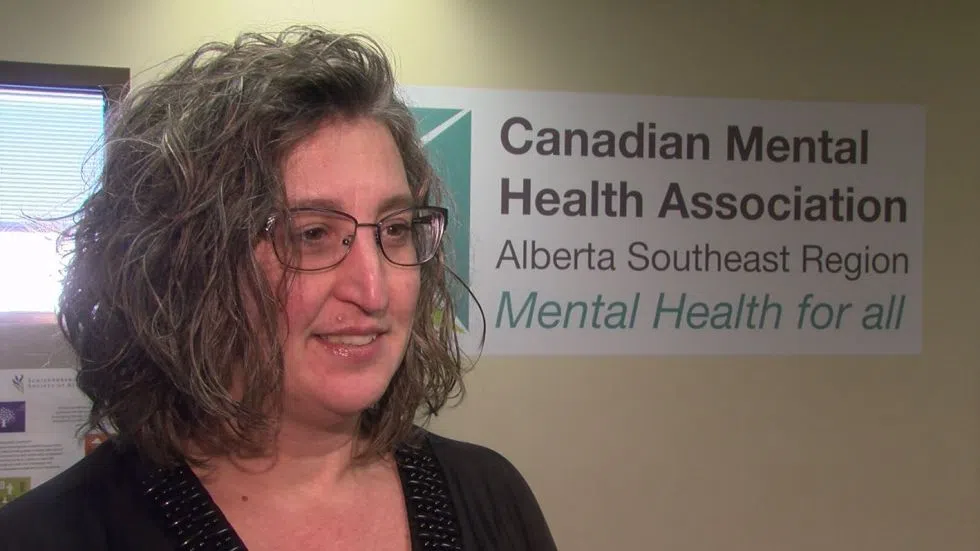
Community organizations continue to partner for mental health
MEDICINE HAT, AB — Blue Monday is said to be the most depressing day of the year.
Marked on the calendar as the third Monday in January, the day comes at a time just after the holidays, when the bills need to be paid and the days are short and cold.
Even though the day was originally dubbed the most depressing day of the year to help market travel vacations, this time of year can be a real struggle for people living with mental health issues.
